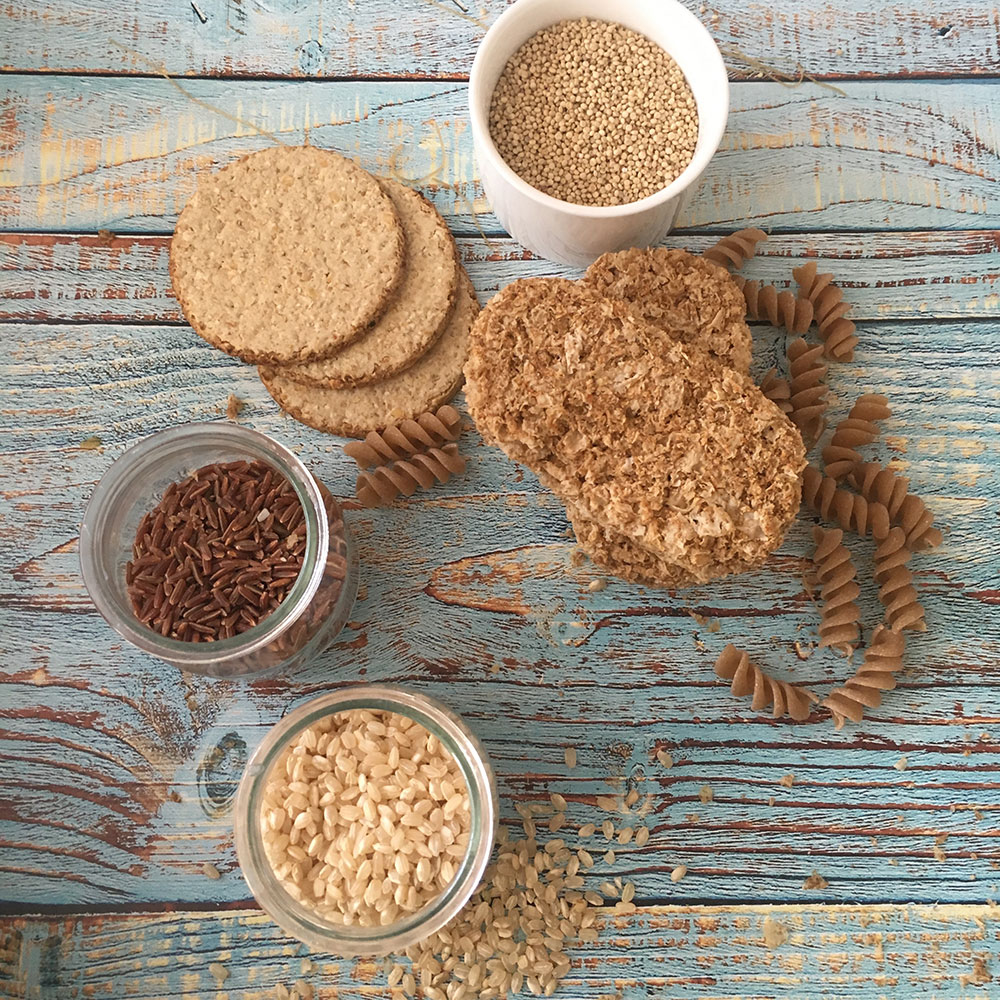
USES:Pantothenic Acid (Vitamin B5) is involved in energy production and metabolism as the rest of the B vitamins but it is also part of Co-Enzyme A or CoA, an important enzyme that is fundamental not only for energy production and metabolism but also for collagen formation and detoxification of drugs.
DEFICIENCY:
Coffee, tea, alcohol, extraneous exercise, stress and antibiotics reduce vitamin B5 levels.
Vitamin B5 deficiency results in symptoms which may include depression, poor concentration and short-term memory, indigestion, nausea, fatigue, insomnia and leg cramps.
Vitamin B5 is water soluble, so it leaches in water when foods are cooked, and heat sensitive. Vitamin B5 cannot be stored by our bodies so we need to eat foods containing this vitamin every day.
FOOD SOURCES:
Pantothenic acid can be found in almost every food but levels are especially high in wholegrain cereals including wholewheat, oats, brown rice, meat, especially offal, poultry, fish including oily fish and seafood, mushrooms, hazelnuts, peanuts and avocado.
Gut bacteria are an important source of vitamin B5. Vitamin B5 needs magnesium to be activated.